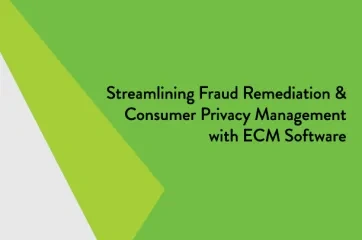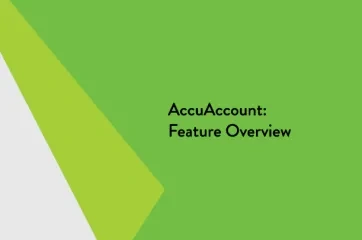Banking Compliance Committee
A compliance committee plays a key role at a bank. Composed generally of the financial institution’s compliance officers, including those in charge of personal banking and commercial banking, as well as a Bank Secrecy Act (BSA) officer and Community Reinvestment Act (CRA) officer, the team is responsible for ensuring the bank adheres to all existing compliance regulations. It must also stay abreast of any new regulations issued.
The compliance committee provides three main functions, as detailed below.
1. Leadership and Execution
A financial institution’s compliance committee works to ensure current regulations are followed. This spans numerous facets of the institution, including document preparation, core systems, processes, and procedures. The group must also stay aware of new mandates, when they will be enacted, and steps the bank or credit union will take to properly fulfill them. Compliance committee members generally stay current on upcoming regulations through FILs (financial institution letters) and information from the respective state’s banking association, but they may also consult online resources, such as bankersonline.com and gonzobanker.com. The implementation of changes may include (but are not limited to) revising forms, creating new disclosures, changing processes, and modifying software.
The compliance committee typically meets on a consistent basis—usually quarterly—with its minutes reported to the board and retained for later reference. A typical meeting agenda would include discussion of any new regulations and plans for implementation. Members also review any citings on compliance exams or compliance audits and formulate corrective measures.
2. Staff Training
As the compliance committee works to establish procedures that align with new regulations, the team also develops or sources any necessary staff training related to the mandates. This may come in the form of a whitepaper or an FDIC webinar.
In cases of major changes, federal banking regulators may provide regional in-person training sessions that banks and credit unions will designate a representative to attend.
3. Audits
In addition to instituting required changes and their related training, one or more members of the compliance committee typically serve as a main point of contact for auditors’ and examiners’ compliance-related questions.
It is also the committee’s duty to reply to exams and work with internal auditors to remedy any identified compliance issues.
Compliance Resources
For additional compliance-related content, visit our resource library, or continue reading more banking definitions.














